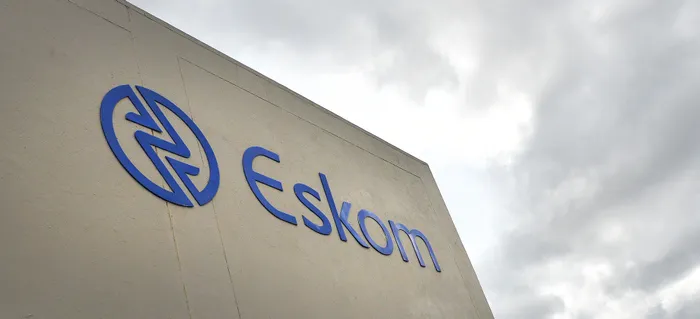
Research highlights need for reform to save state-owned companies.
Image: Supplied
UNLESS urgent reforms end political interference, hold shareholder representatives to account, and force entities to operate without endless government bailouts, state-owned companies (SOCs) are “on a direct path to collapse”.
This was the warning from Minah Tong-Mongalo, who was awarded a PhD in Commercial Law from UCT for a thesis examining the inherent authority of the boards governing state-owned companies in the country and why these companies – tasked with delivering essential services and driving economic development – have repeatedly faltered.
The current governance model via the Provisions in the Public Finance Management Act (PFMA) allows state shareholder representatives to hold the role of management without bearing the consequences of management’s decisions. The state occupies multiple roles – shareholder, policymaker and fiscal manager – diluting board authority and opening the door to political interference, according to Tong-Mongalo.
Central to her research was the distinction between the board’s statutory authority and the state shareholder’s influence. Under the Companies Act, boards exercise original governing authority vested in them by law, not delegated by the state, the researcher explains. This gives them a legal duty to act in the company’s best interests, independent of political pressures.
“In practice, however, this autonomy is routinely eroded,” she said.
“When boards are treated as if their authority is derived from the state shareholder, they are forced to prioritise political directives over long-term company viability, contributing directly to mismanagement, financial instability and collapse.”
Tong-Mongalo said boards must be empowered to govern without undue political pressure or the ever-present threat of removal for refusing to rubber-stamp shareholder instructions.
“Boards have fiduciary duties to the company and are legally liable for failing to act in its best interests. By contrast, state shareholder representatives often owe their loyalty to political parties rather than the company and are rarely held accountable for decisions that harm the entity. Parliamentary oversight has proven insufficient to enforce this accountability. To restore integrity and functionality in SOC governance, boards must be affirmed as the sole custodians of corporate governance, with original, undelegated authority. Only empowered, independent boards can safeguard public value and ensure the sustainability of SOCs.”
According to the researcher, while the establishment of the Presidential State-Owned Enterprises Council and a Government–Business Partnership signals some recognition of urgency for change, it was not occurring fast enough.
GOOD secretary-general, Brett Herron said SOCs or state-owned enterprises play a central role in South Africa’s developmental state agenda.
“The shareholder, being the government of South Africa, is meant to act on behalf of the people of South Africa who are the actual shareholders of these companies. These companies must implement the economic transformation agenda our nation is still pursuing and must implement the developmental imperatives of the state’s economic growth plan. However, their boards have independent fiduciary duties arising out of the companies legislation. This primary duty supersedes any personal or political loyalty to a government minister or DG. We’ve already seen this duty being made explicit when Dudu Myeni was declared a delinquent director for life for her role in the mismanagement of SAA.”
Herron added that it was important for those who accept board positions of SOEs to understand the difference between the state’s strategic intent for the SOE and their duty to ensure that strategic intent is pursued without compromising their duties to the company as directors.
“It is unfortunate that for a very long time (SOEs) core functions were undermined for the purposes of looting through their capture. It is very frustrating that those allegedly involved in their capture for crude looting purposes have not been prosecuted at any scale that is meaningful.”
In July this year, President Cyril Ramaphosa released an update on the implementation of the State Capture Commission’s recommendations, coinciding with the nine-year mark since the State of Capture report was released. Of the 218 criminal investigation recommendations made across various focus areas, only 21% had been finalised or enrolled for trial as of March 2025.
Only four state capture-related cases concluded with guilty verdicts.
The president noted amid broader legislative reforms, the Companies Second Amendment Act (Act 17 of 2024) would extend the time limits for initiating director delinquency proceedings to prevent future occurrences of state capture and restore public trust in state institutions.
The Department of Trade, Industry and Competition and the Department of Planning, Monitoring and Evaluation did not respond to requests for comment by deadline.
Cape Times
Related Topics: